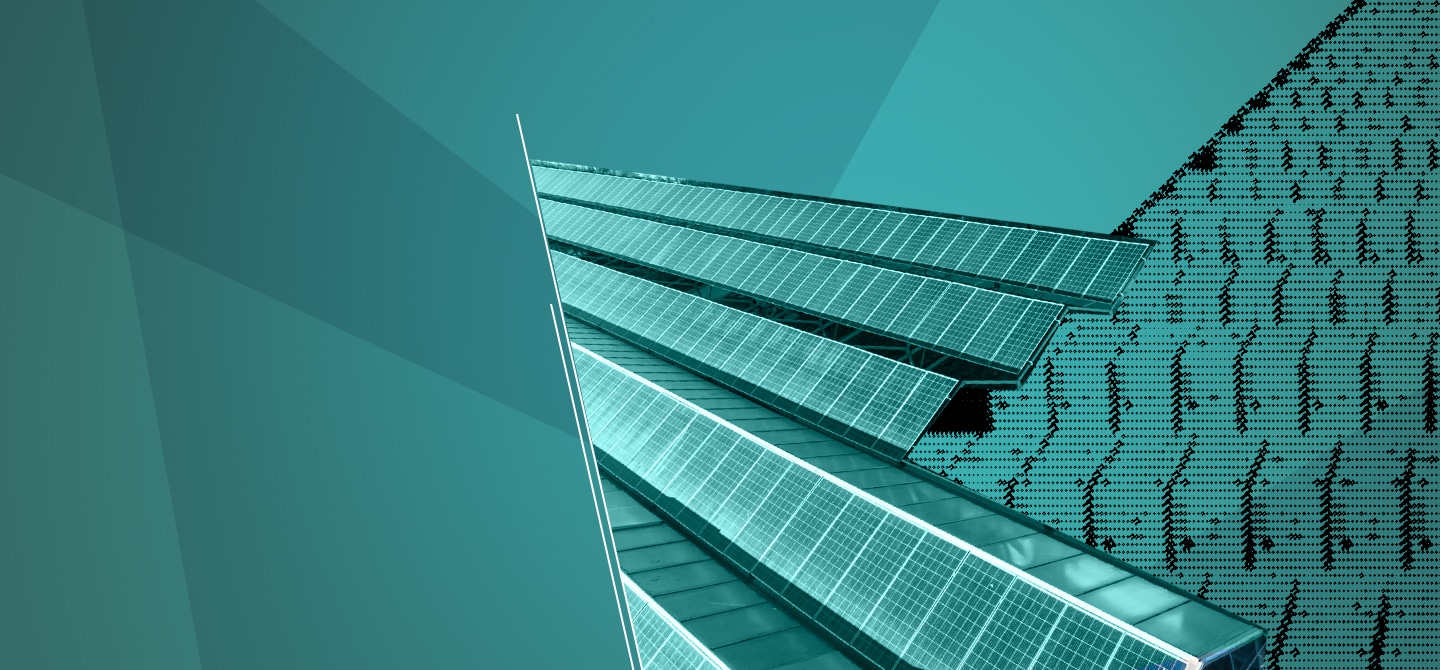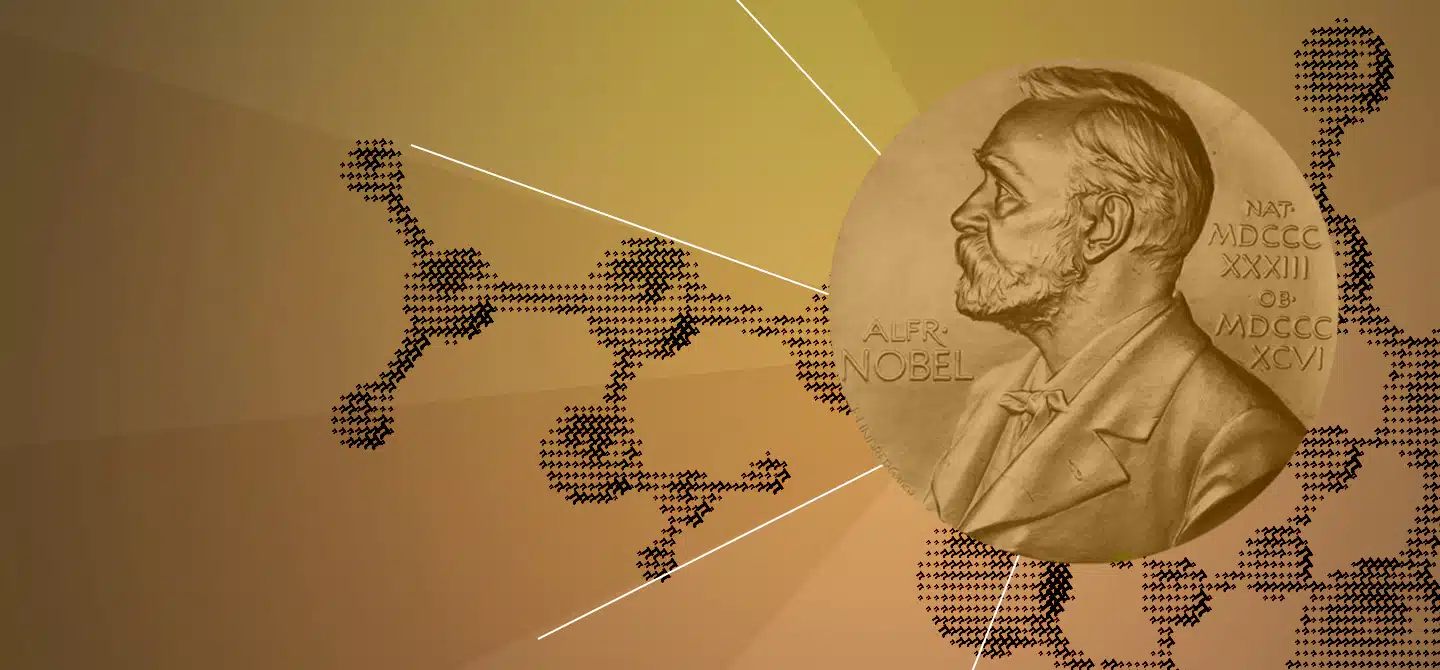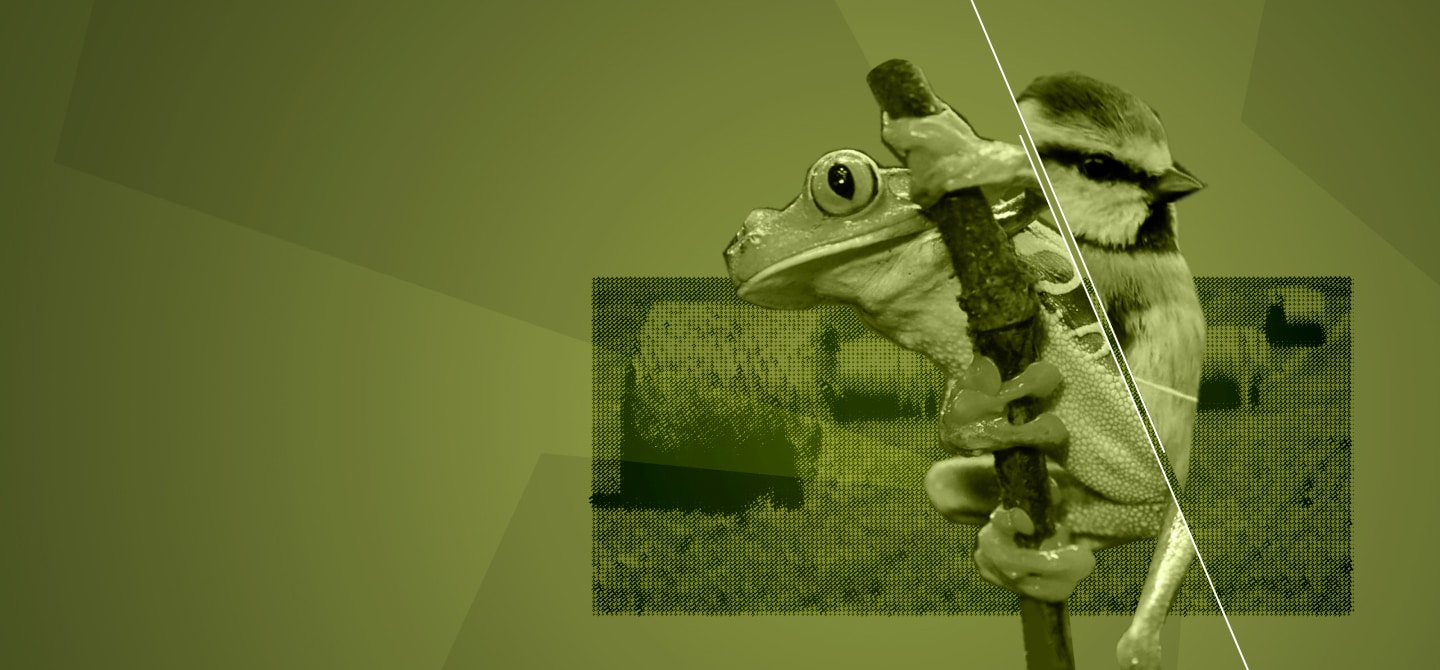- Planet
- Energy
- Health and biotech
- Digital
- Space
- Economics
- Industry
- Science and technology
- Society
- Geopolitics
- Neuroscience
- Videos
- Magazine

Avec Christophe Gaie, Head of the Engineering and Digital Innovation Division at the Prime Minister's Office, Laurent Denis, Technical Architect in the Prime Minister's Office
Avec Didier Dalmazzone, Professor of Chemistry and Processes at ENSTA (IP Paris)
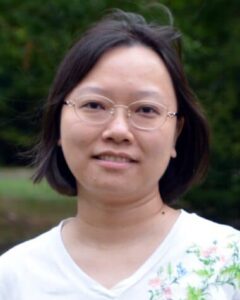
Avec Xiang Zhang, CNRS Researcher at Laboratoire d'études spatiales et d'instrumentation en astrophysique, Philippe Zarka, CNRS Research Director at Laboratoire d'instrumentation et de recherche en astrophysique
Avec Christophe Gaie, Head of the Engineering and Digital Innovation Division at the Prime Minister's Office, Jean Langlois-Berthelot, Ph.D. in Applied Mathematics and Head of Division in the French Army
Ethical hacking uses techniques similar to those employed by cybercriminals, but with the aim of strengthening the resilience of information systems.
 Industry
Science and technology
Geopolitics
Industry
Science and technology
Geopolitics
Avec Sébastien Dauvé, Director of CEA-Leti
To counter its dependence on Asia and the United States in the electronic semiconductor market, Europe, which represents just under 10% of world production, has launched the Chips Act.
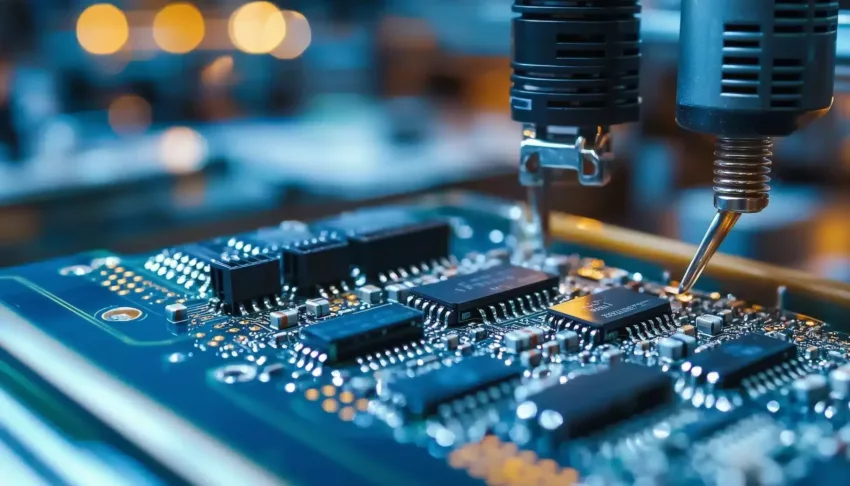 Neuroscience
Health and biotech
Science and technology
Neuroscience
Health and biotech
Science and technology
Avec Virginie van Wassenhove, Research Director at CEA
Scientists are now investigating the way in which neurons code the mental representation of time.

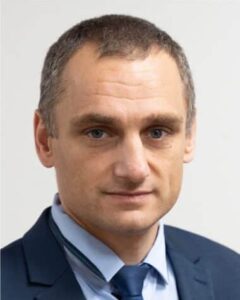
Avec Christophe Gaie, Head of the Engineering and Digital Innovation Division at the Prime Minister's Office, Jean Langlois-Berthelot, Ph.D. in Applied Mathematics and Head of Division in the French Army
Avec Pierre-Yves Meslin, Scientific Manager of DORN Mission at Institut de Recherche en Astrophysique et Planétologie
The Chinese probe Chang'E 6, launched on 3rd May 3 2024, brought back to Earth the first samples from the far side of the Moon.

